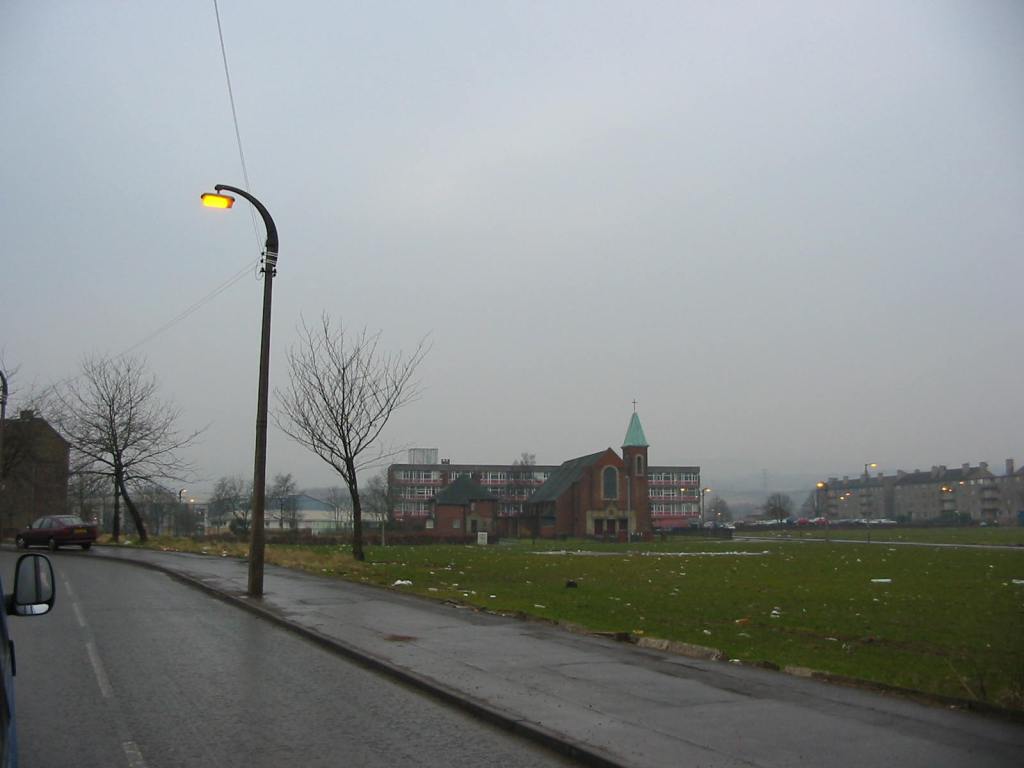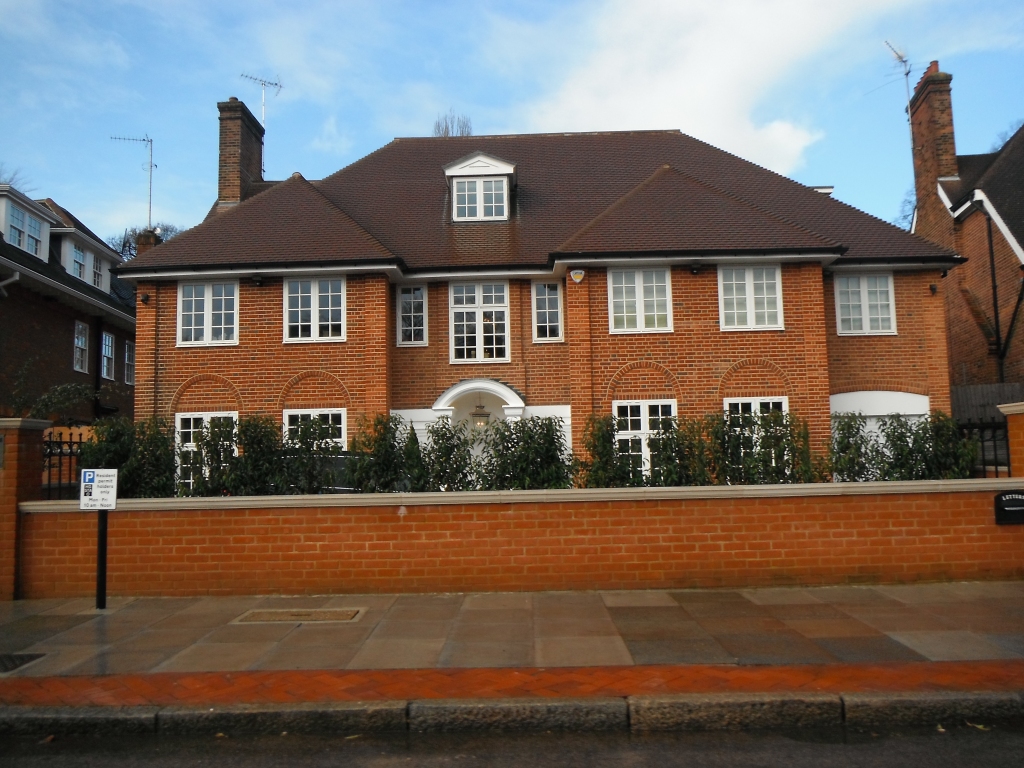The social sciences often have a hard time being heard. Making arguments for social investment, reducing inequalities of various kinds and addressing structural divides across regions and communities require significant public investment. But we do, at least, have the money to do the job. Even a light tax regime on the estimated $35tn of monies held in offshore tax havens could pay for the entire cost of the COVID-19 pandemic. The property wealth of homeowners is among the most significant elements of national wealth and, of course, the key to the wealth of these households. Today, most young people have grown-up in these same wealthy households, or have looked-on bemused and angry at the unending flows of luck flowing to those have been able to afford their own homes. Those same young people are more likely to emerge as renters as house prices rise out of reach.
The past decade has been a period marked by a politics that has consistently rejected the possibility that the state tax and invest, whether this be corporations, land, property or other forms of wealth. Austerity was the very core of this project, an attempt at cutting public costs while leaving private and corporate wealth untouched. Despite this, the public are in fact very supportive of attempts at finding fair methods for taxing unearned income. In the same decade there has been a massive enlargement of the public’s awareness that fiddling with income inequalities is a concern with small fry, property wealth and personal wealth more broadly is where the big fish lie.
Yet even a hint of a suggestion of increasing taxes mobilises a thousand responses in the comments sections of articles in the FT, sees the big guns wielded out by lobbyists paid for by big money, only to be relayed by tabloid newspapers and more or less absorbed by sections of the public who see any form of tax proposals as an attack on liberty and personal hard work. But these gains need to be set in context. Fair and quite modest proposals have been proposed and these are based on a position that we are in this altogether, despite tax evasion, avoidance and inherited wealth.
If we exist in some kind of national community then the inevitable question its members may legitimately ask is what contribution each of us makes. The very deep pain and trauma of life in poverty, in left behind communities and of looked-after children, the sick and disabled, the homeless and a catalogue of further social horrors is not a place well-known to many who have benefitted from the economic and housing policies that have lifted the boats of investors, landlords and homeowners. There is both a spatial and social gulf between the circuits of those on high incomes who have seen their portfolio of assets rising due to quantitative easing, low interest rates and an attack on the cost of public services rather than challenging unearned gains of house values and other forms of wealth.

As many commentators are increasingly saying, looking at the intergenerational consequences of a politics of housing, class and assets – I could have less and can contribute more to help others to have the kind of opportunities that all should have. Many who are wealthy want to help more, many in business are moving from ideas of simple shareholder value to an understanding of the place of commerce in social and community life. Right now, the crunching of public sector finances is also pushing a more progressive tax agenda, even among many on the right of centre.
The UK has not had an effective spatial policy agenda for some years (at least since around 2010). New labour’s dozens of spatial programs and emphasis on education can be looked back on as the almost last gasp of active intervention in the way that capitalism has a series of spatial consequences – regions left behind, communities starved of health and education services and the decline of urban spaces in physical terms. We can characterise the existing arrangement of policymaking as a kind of smiling revanchism. The smiles comes in the public defences of why there is no money to spend on important social investments. The revenge comes in the broader formation of interests and ideas that are persistently mobilised to attack the poor and to denigrate and leave behind the many spaces languishing beyond the horizons of sunny Somerset gardens or from Oxfordshire kitchen windows.
To wilfully neglect those without opportunity and to ensure the reproduction of wealth and advantage is, in reality, a terrible form of violence. Such aggression must be enacted with real effort to actively ignore the consequences of cuts for a decade and now the de facto cuts and insecurities generated by COVID. In this kind of environment the persistent denial of contribution by those with most must be called-out for the kind of naked class project that it represents and tackled with evidence and vigour. Continued proposals for tax reform and social investment are urgently needed, particularly as the social determinants of health are so clearly being eroded, while wealthier homeowners and landlords lead carbon hungry lifestyles implicated in climate change.

There is no prospect of escape from the coming combination of climate devastation, faltering public finances, lack of social investment and the ongoing damage to our social cohesion generated by highly visible inequalities. From all political positions these are issues that cannot be ignored because ultimately they touch all, even if many among the wealthy are morally sheltered in their outlooks. If our togetherness and common purpose could be restored, in lieu of social media spats, deepening social polarisation and rising inequalities, we might hope to see more careful and thoughtful deliberations on what to do next and how to do this fairly, recognising the need for all to contribute.
